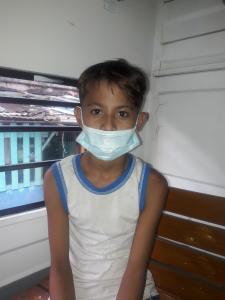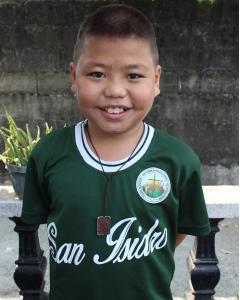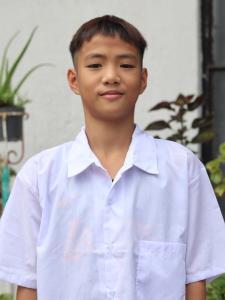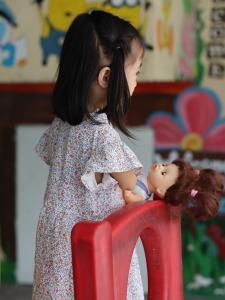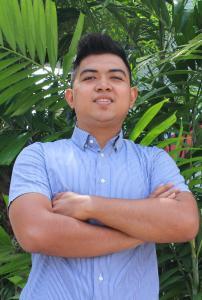Aside from food insecurity, children’s security within their homes was also highlighted, leading to the reinforcements of child protection policies, handling, and advocates.
These children are more likely to drop out from school and be engaged in high risk behaviors. In the poorest communities, child labor, poor education, malnutrition, child neglect, child abuse, exploitation and child trafficking are rampant. Because of this, the children are considered at risk and in need of special protection.
52%
increase in physical abuse of children within their home
4%
increase in child neglect
8%
increase in sexual abuse
5%
increase in online sexual exploitation of children




